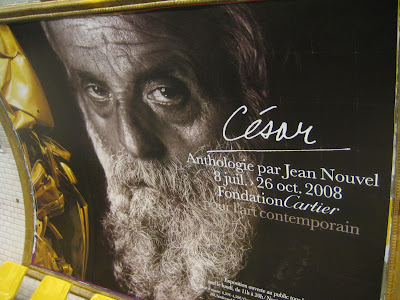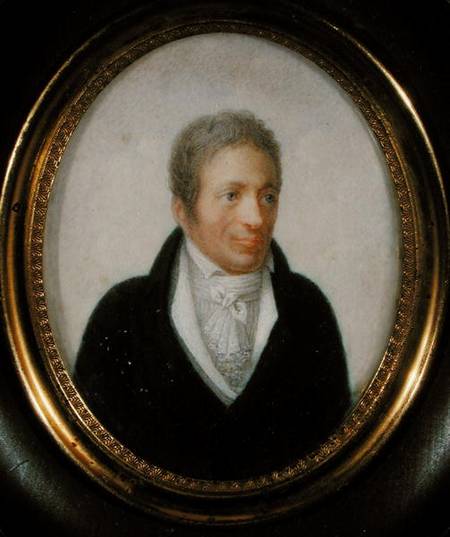
Hier soir, j'ai trouvé ce site internet et essayé de trouver la langue étrangère que je dois apprendre. Les questions et mes réponses sont le suivantes :
1. In life, you most want to:
* Really delve into philosophy, art, and culture
2. The best thing about learning a new language is...
* Finding out all sorts of crazy things about a new culture
3. On a spare weekend, you would most enjoy:
* Spending quiet time with your family or reading
4. What subject did you like best in school?
* Foreign languages
5. What's the best way for you to learn a language?
* Through reading and watching films in that language.
Et heureusement ou malheureusement, sa réponse était le français. Son commentaire le suivant :
"C'est super! You appreciate the finer things in life... wine, art, cheese, love affairs. You are definitely a Parisian at heart. You just need your tongue to catch up..."
Si cela vous intéresse, visitez
What language should you learn?













